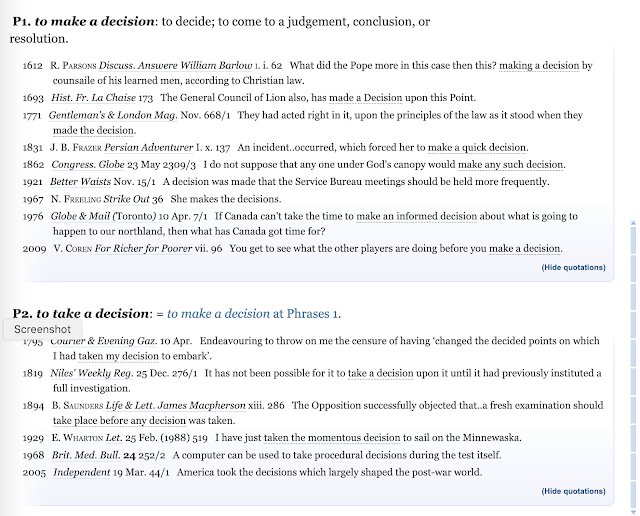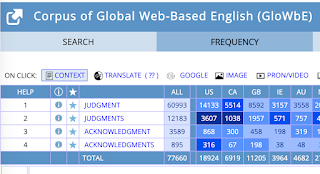I got this by email from a reader named Robbie:
A while ago I watched several episodes of the US children's show "Bubble Guppies" and found myself getting more and more annoyed with them. As in many preschool shows, the characters speak directly to the audience and encourage them to get involved with the story. Every time the scene changed (going from the park to school, from the classroom to the playground, etc.) one of the characters would turn to the viewer and say "come on!"
The more I thought about this, the more rude it sounded, and the more it seemed that you might be the person to ask!
Presumably all this repetition of "come on" doesn't sound impolite to American ears, since children's shows tend to teach politeness. To me it sounds peremptory and bossy, but does this apply to British listeners generally, or is it just me? I'm guessing an equivalent British show would be more likely to say "let's go" to the viewer, but perhaps also "come along" from one character to another.
And now I'm thinking of Dora the Explorer, who gets them both in (plus Spanish) with her song: "Come on, vamanos, everybody, let's go".
Interesting question. Phrasal verbs like this are tricky, because they are usually very polysemous (i.e. have many meanings). Phrasal verbs used in imperative form (as a command/request) are going to be even trickier because we don't just have the verb meaning, we have lots of pragmatics/politeness issues swirling around. So I expected this to be a very tricky thing to answer.
 |
| Still from the video for this song. Click if you dare! |
But then I looked in some dictionaries, and it is easy to see how different British and American lexicographers' estimations of the phrase are. The Collins dictionary website shows the contrast well. (The American English bit of the Collins website is from the Webster's New World Dictionary, written in the US.)
come on!
in British English
a.hurry up!c.make an effort!d.
come on!in American English
1. PHRASAL VERBThere's a big press launch today and you're most welcome to come along. [VERB PARTICLE]















